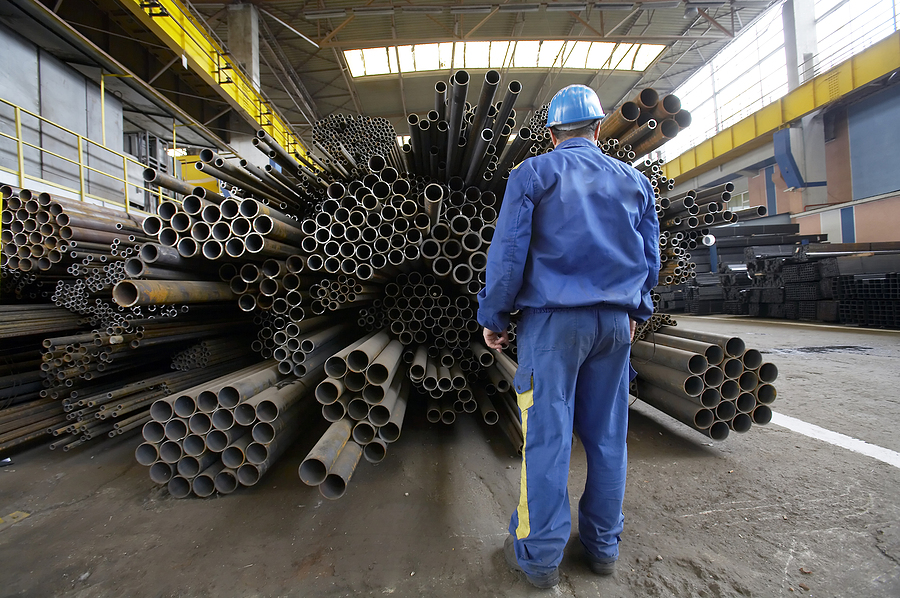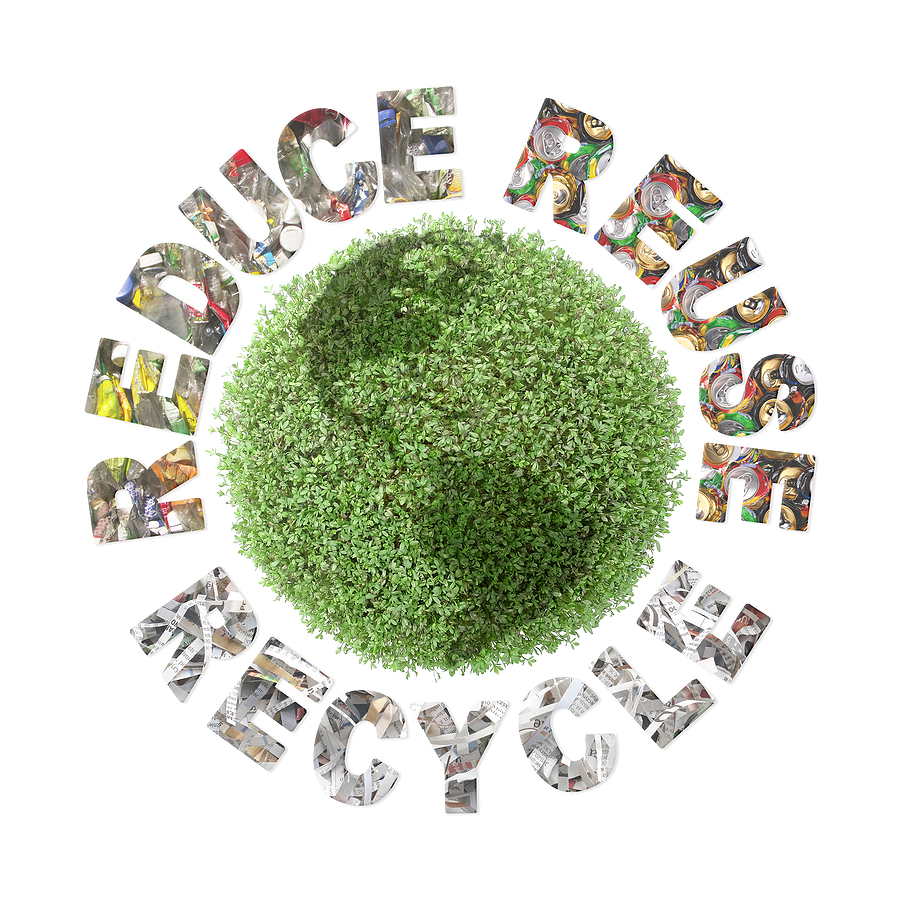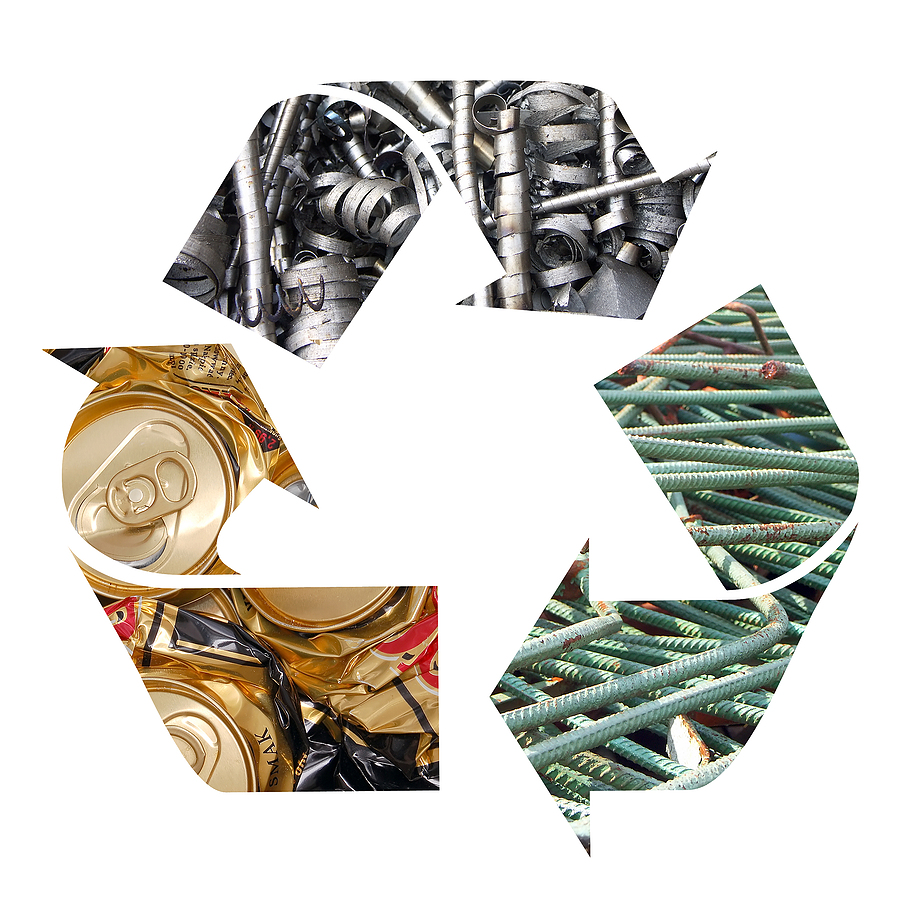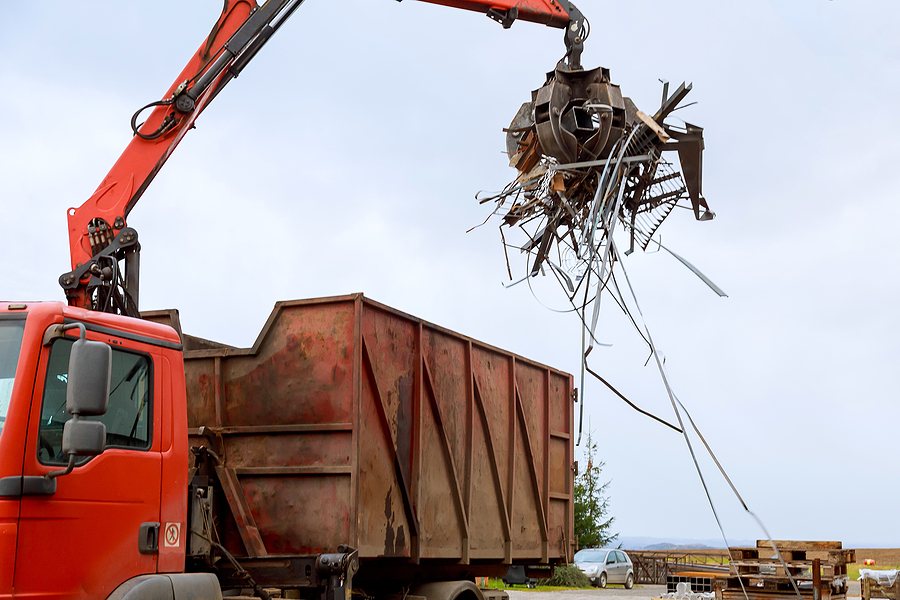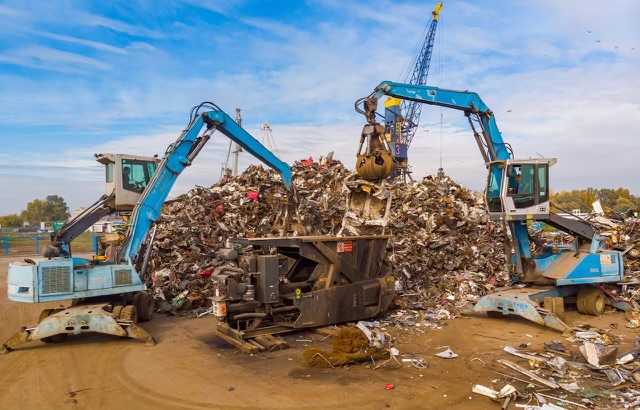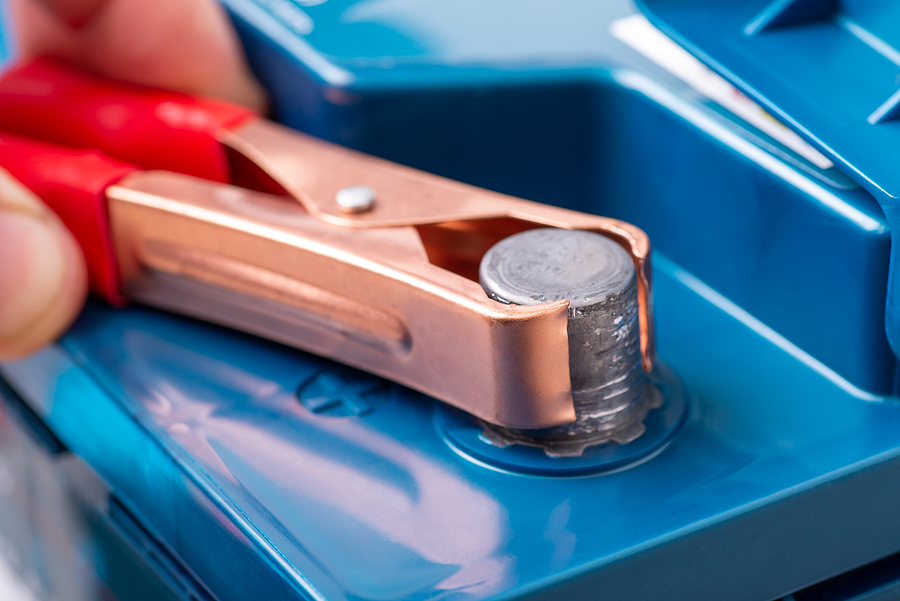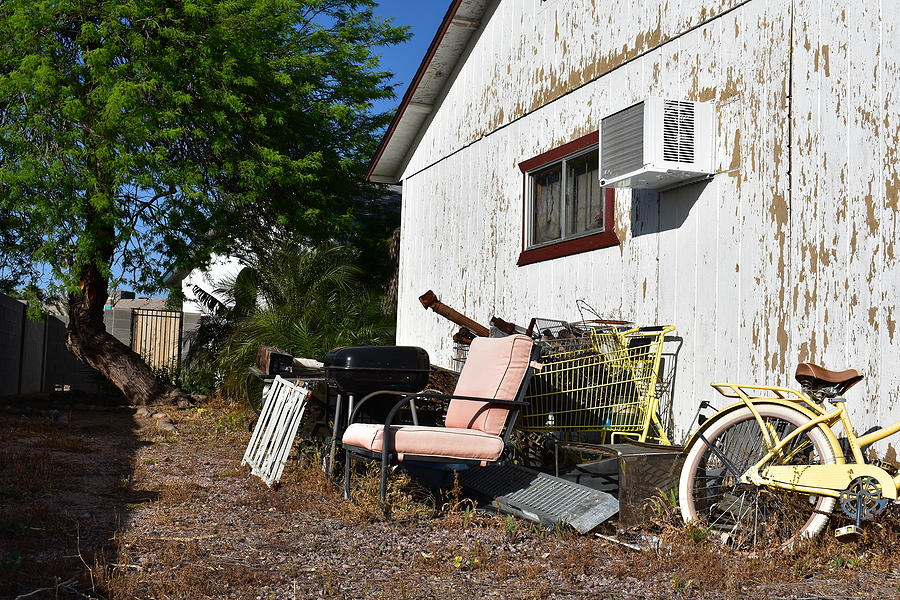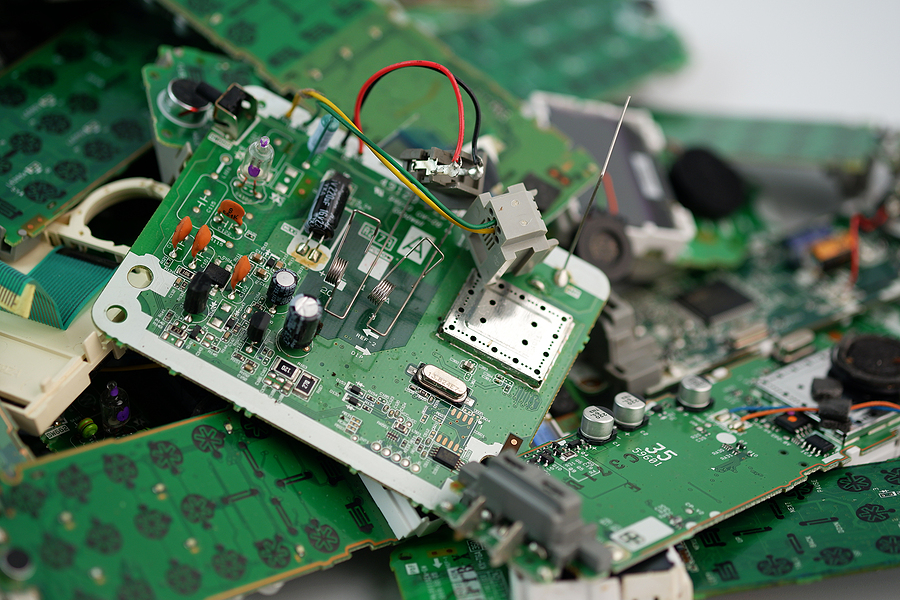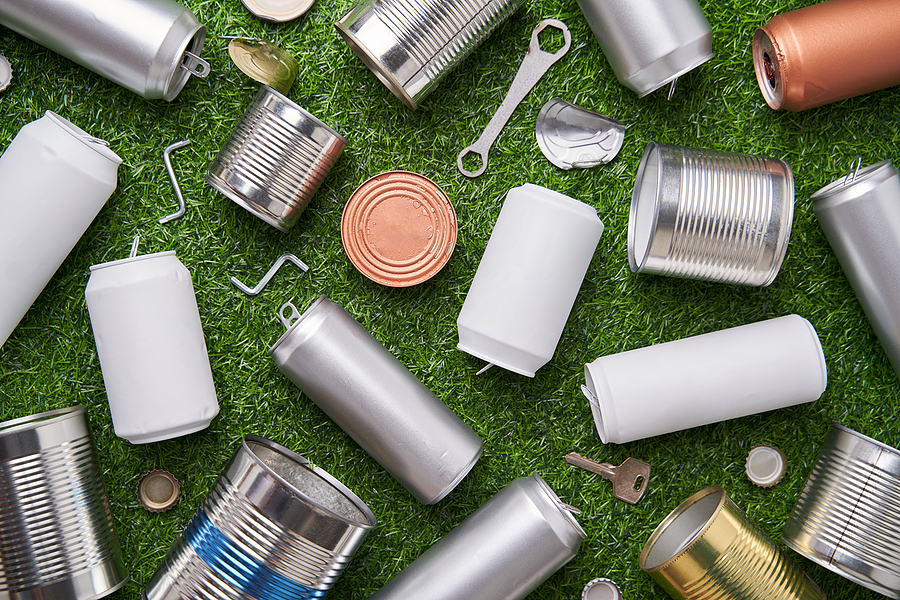In our daily lives, we often overlook the potential value hiding within our unwanted items. Among these disregarded treasures are various forms of scrap metal. This blog post aims to shine a light on the latent value of scrap metals such as steel, iron, aluminum, and copper that lie within our junk.
We’ll delve into the world of scrap metal prices and reveal how these often-dismissed materials can bring in surprising returns. Furthermore, we’ll provide you with guidance on how to recycle these metals at your local recycling facility, turning trash into treasure while contributing to environmental sustainability. Buckle up as we embark on this exciting journey of metal recycling.
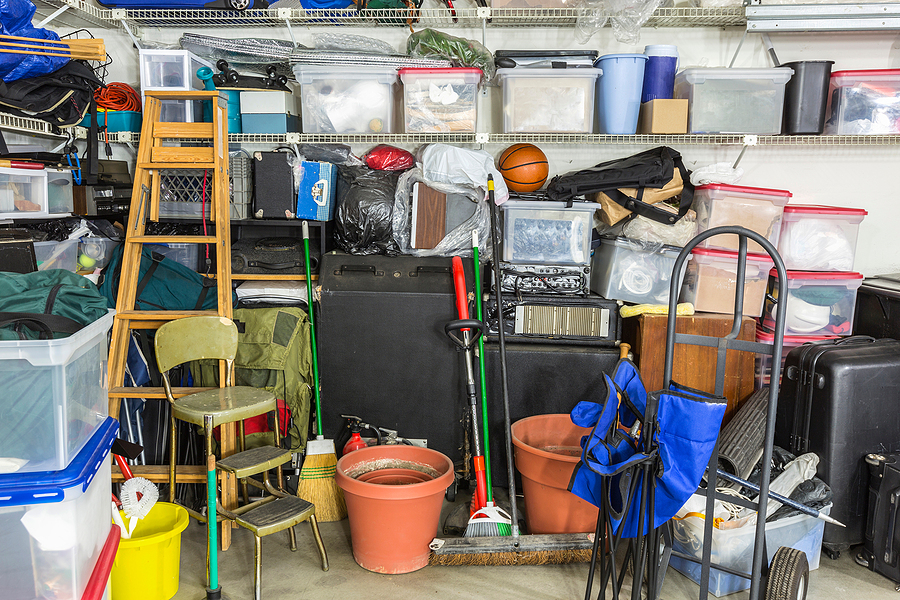
Types of Scrap Metal to Recycle
Scrap metal refers to any discarded or leftover metal material that can be processed and reused in manufacturing. The four main types of scrap metal commonly found in household junk are steel, iron, aluminum, and copper.
Steel and Iron
Steel is the most widely used alloy of iron, making up nearly 95% of all metals produced globally. Steel scrap can be found in various forms, including appliances, car parts, construction materials, and household items such as cans and utensils. Iron scrap is also prevalent and typically comes from old fences, pipes, and machinery.
Aluminum
Aluminum is a lightweight metal that is highly recyclable and versatile. It’s used in many household items such as soda cans, aluminum foil, and even electronics. Aluminum scrap is also commonly found in the form of car parts, gutters, and window frames.
Copper
Copper is a valuable metal that is widely used in electrical wiring, plumbing pipes, and various household appliances. Its value lies in its high conductivity and malleability. Copper can be found in many forms as scrap, including wires, pipes, and even roofing materials.
Scrap Metal Prices
The prices of scrap metal fluctuate based on global demand and market conditions. However, there are some general price ranges for each type of scrap metal that can give you an idea of their value. Currently, steel has the lowest value among the four types of scrap metals, with prices ranging from $0.03 to $0.05 per pound. Stainless steel comes in at $0.23 per pound. Iron ranges in the $87 per ton range. Aluminum scrap is slightly more valuable, with prices ranging from $0.30 to $0.50 per pound. The most valuable of the four is copper, with prices ranging from $2 to $3 per pound.
While these prices may not seem significant, it’s important to remember that every little bit counts when it comes to scrap metal recycling. Additionally, by properly sorting and preparing your scrap metals before selling them, you can potentially increase their value.
Steps to Recycling Scrap Metal
Recycling scrap metal is not only financially beneficial but also environmentally responsible. By recycling these materials, we reduce the need for mining and processing new raw materials, which consumes a significant amount of energy and contributes to pollution. Here are some steps you can take to recycle your scrap metal:
Sort your scrap metal into different categories (steel, iron, aluminum, and copper) to make it easier for the recycling facility to process.
Remove any non-metal materials such as plastic or rubber from the scrap metal.
Clean the metal items of any dirt or debris before taking them to the recycling facility.
Find a local recycling center that accepts scrap metal and inquire about their procedures for accepting and pricing scrap metals.
Deliver your sorted, clean scrap metal to the recycling facility and receive payment for your materials.
In addition to these steps, it’s crucial to research and understand the laws and regulations surrounding scrap metal recycling in your area. Some states require a license or permit to sell scrap metal, and there may be restrictions on certain types of metals.
Final Thoughts
As you can see, the seemingly insignificant scraps of metal in our junk can hold surprising value. By taking the time to properly sort and recycle these materials, we not only benefit financially but also contribute to environmental sustainability. So next time you’re about to throw away an old aluminum can or copper wire, think about the hidden treasure that lies within and consider recycling it instead. Let’s work together to turn our trash into valuable treasures and make a positive impact on our world.
Are you interested in recycling your scrap metal and metal commodities for cash on the spot? Contact Zore’s Recycling at 317-244-0700 to learn more about how our Indianapolis scrap metal recycling services can benefit your bank account. We also offer free towing for those who wish to recycle a junk car. We pay cash on the spot for all metal scrap, including vehicles.
Related Posts:
Understanding the Economic Impact of Scrap Metal Recycling
Start a Recycling Program With These Scrap Metals
What Are the Different Types of Metals that Can Be Recycled?

